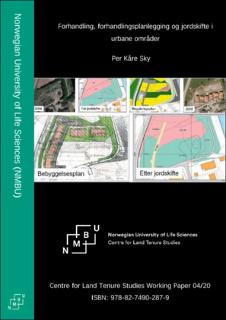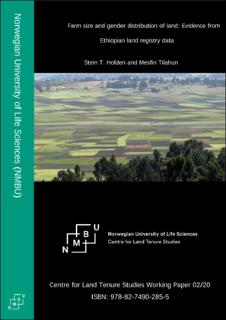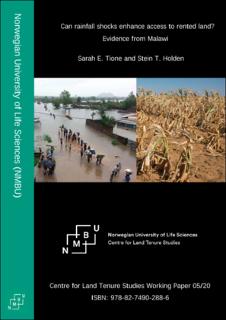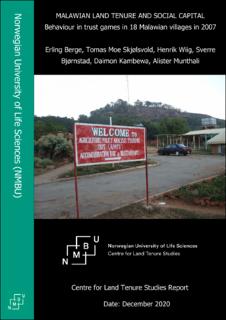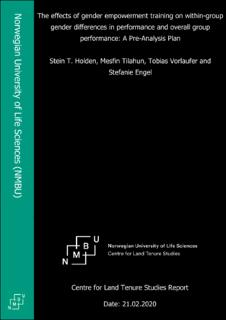Location
The Norwegian University of Life Sciences (Norwegian: Norges miljø- og biovitenskapelige universitet, NMBU) is a public university located in Ås, Norway. It is located at Ås in Viken, near Oslo, and at Adamstuen in Oslo.
Established in 1859 as the Norwegian Agricultural Postgraduate College, it became a university-level university college (vitenskapelig høgskole) in 1897 and received university status in 2005. Prior to 2005 it was known as the Norwegian College of Agriculture (Norges landbrukshøgskole, NLH). Only a few years later, in 2014 the university merged with the Norwegian School of Veterinary Science (NVH) in Oslo, and is today known as the Norwegian University of Life Sciences. Having a history since 1859, it is the second oldest institution of higher education in Norway, after the University of Oslo.
NMBU's research is enabling people all over the world to tackle the big, global challenges regarding the environment, sustainable development, how to improve human and animal health, renewable energy sources, food production, and land- and resource management.
Norwegian University of Life Sciences mission
To contribute to the well-being of the planet. Our interdisciplinary research generates innovations in food, health, environmental protection, climate and sustainable use of natural resources.
Members:
Resources
Displaying 1 - 5 of 14Forhandling, forhandlingsplanlegging og jordskifte i urbane områder
Negotiations are important in urban densification processes. In particular, integrative negotiations seem to be relevant. The conflicts between neighbors and developers can be challenging to solve. Land readjustment is used in several countries to merge properties or reshape properties in conjunction with densification projects. Conflicts can be handled and reduced by land readjustment. Should such a measure be relevant in Norway, it is recommended, among other things, that a majority of the landowners within a land readjustment area must be in favor.
Farm size and gender distribution of land: Evidence from Ethiopian land registry data
Land is an essential asset for the livelihood and welfare of rural households in agriculture-based rural economies. This study utilizes land registry data from the First and Second Stage Land Registration (FSLR and SSLR) Reforms that took place in 1998 and 2016 in Tigray region of Ethiopia, the first region in Ethiopia to implement land registration and certification. Second Stage Land Registration and Certification (SSLR&C) provided households with parcel-based certificates with names of all holders.
Can rainfall shocks enhance access to rented land? Evidence from Malawi
This study investigates whether and to what extent rainfall shocks recurring in Sub-Saharan Africa, that have been associated with distress land rentals, enhance short-term and medium-term access to rented land by tenant households. Tenant households’ rental decisions are modeled in the state-contingent framework with renting-in of land as a risky input choice. Our data is from three rounds of LSMS data from Malawi used to construct a balanced household panel, combined with corresponding district rainfall data that are used to generate seasonal district-wise rainfall shock variables.
MALAWIAN LAND TENURE AND SOCIAL CAPITAL: Behaviour in trust games in 18 Malawian villages in 2007
This report presents two papers developed in order to study behaviour in trust games in 18 Malawian villages in 2007. In 2007-2008 the Malawian land tenure and social capital project (financed by Norwegian Research Council), interviewed households on many subjects deemed relevant to land tenure and social capital. Interviews were conducted in selected villages with 6 in each of the regions North, Central, and South. The interviews included 13 questions about trust, trustworthiness, and social capital.
The effects of gender empowerment training on within-group gender differences in performance and overall group performance: A Pre-Analysis Plan
This Pre-Analysis Plan is for a Randomized Control Trial (RCT) for recently formed youth business groups in Tigray Region of Ethiopia. Resource-poor rural youth are given a business opportunity by being allocated a rehabilitated land area where they can establish a joint business. They are organized as a primary cooperative and self-organize with a board of five members including a leader and a vice leader. The overall objective of the project is to identify factors that enhance the performance and sustainability of formal youth groups as a business and livelihood option.


